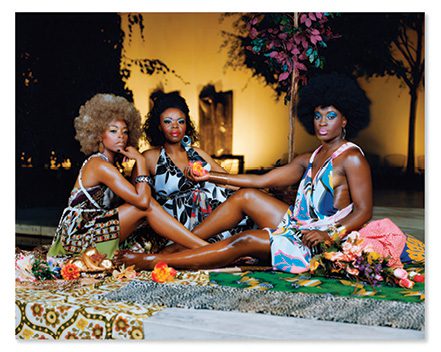
“Enemy Feminisms: TERFs, Policewomen, and Girlbosses Against Liberation” By Sophie Lewis
Like any broad social movement, feminism contains many currents. You can take one of two approaches to that. The first would say we’re all in it together against the patriarchy so differences within the movement have to be subordinated to unity against a common foe. The other approach would acknowledge that we’re not all in it together, that some versions of feminism are implicated in oppression, and that the cause of women’s liberation has to









